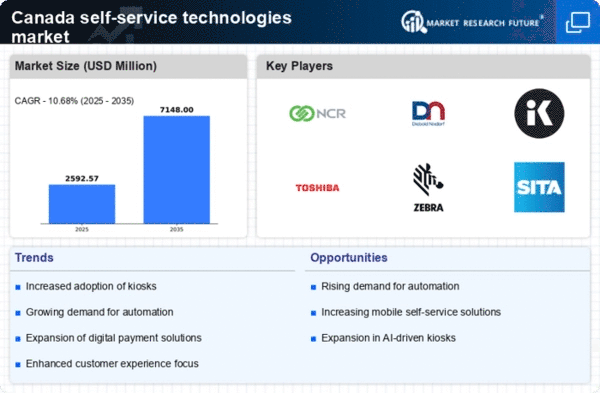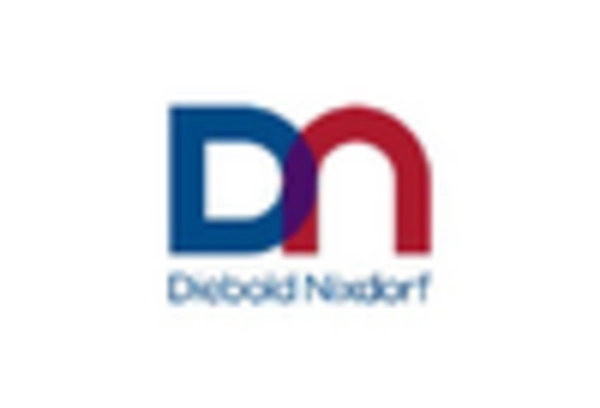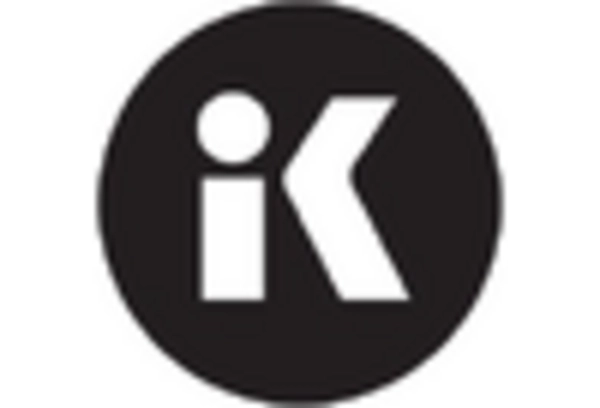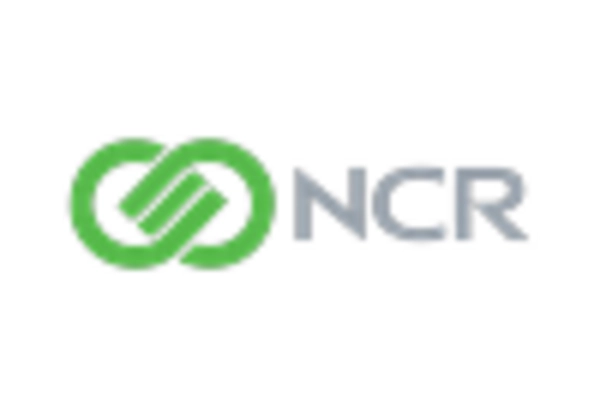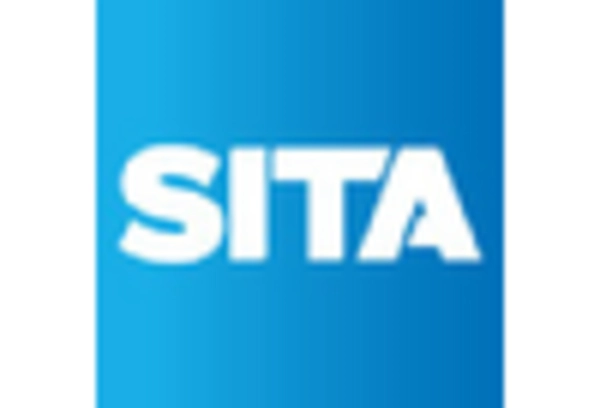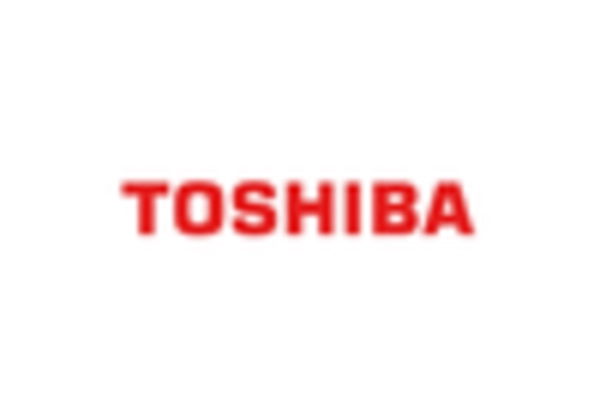Cost Efficiency and Operational Savings
Cost efficiency remains a significant driver for the self service-technologies market in Canada. Businesses are increasingly adopting self-service solutions to reduce operational costs associated with traditional service models. By implementing kiosks and automated systems, companies can minimize labor expenses and streamline processes. Reports suggest that organizations utilizing self service-technologies can achieve operational savings of up to 30%. This financial incentive encourages more businesses to explore self-service options, thereby expanding the market. As companies seek to enhance profitability while maintaining service quality, the demand for cost-effective self service-technologies is likely to grow, further propelling the industry forward.
Shift Towards Digital Payment Solutions
The shift towards digital payment solutions is significantly influencing the self service-technologies market in Canada. As consumers increasingly prefer cashless transactions, businesses are compelled to adopt self-service systems that accommodate various digital payment methods. This trend is evident in the rise of contactless payment options, which have gained traction among consumers seeking convenience and security. Data indicates that over 70% of Canadians now utilize digital wallets or mobile payment applications. Consequently, businesses are investing in self service-technologies that integrate these payment solutions, thereby enhancing customer satisfaction and driving growth within the industry. This transition not only reflects changing consumer preferences but also positions businesses to remain competitive in a rapidly evolving market.
Technological Advancements in Automation
Technological advancements play a pivotal role in shaping the self service-technologies market in Canada. Innovations in automation, such as artificial intelligence and machine learning, are enhancing the capabilities of self-service systems. These technologies enable more intuitive user interfaces and improve transaction accuracy, which is crucial for customer satisfaction. For instance, the integration of AI-driven chatbots in customer service applications has shown to reduce response times by up to 40%. As businesses increasingly recognize the benefits of automation, investment in self service-technologies is expected to rise, fostering a competitive landscape within the industry. This trend indicates a shift towards more sophisticated solutions that cater to the needs of both consumers and businesses.
Increased Consumer Demand for Convenience
The self service-technologies market in Canada is experiencing a notable surge in consumer demand for convenience. As lifestyles become increasingly fast-paced, individuals seek solutions that minimize wait times and enhance efficiency. This trend is reflected in the growing adoption of self-service kiosks and mobile applications across various sectors, including retail and hospitality. According to recent data, approximately 65% of Canadian consumers express a preference for self-service options when making purchases. This shift not only streamlines operations for businesses but also aligns with the evolving expectations of tech-savvy consumers. Consequently, companies are investing in innovative self service-technologies to meet this demand, thereby driving growth within the industry.
Regulatory Support for Self-Service Innovations
Regulatory support is emerging as a crucial driver for the self service-technologies market in Canada. Government initiatives aimed at promoting technological innovation and digital transformation are fostering an environment conducive to the growth of self-service solutions. Policies that encourage investment in technology infrastructure and support for startups in the tech sector are particularly beneficial. For example, recent government funding programs have allocated millions of dollars to support the development of self-service technologies in various industries. This regulatory backing not only boosts confidence among investors but also stimulates competition within the market, leading to enhanced offerings and improved consumer experiences.


